Introduction

The Triumph Tiger 1200 has entered the Indian market with aggressive pricing and we had an opportunity to test ride the motorcycles in the picturesque backdrop of Himachal Pradesh. These motorcycles are aimed to rival the likes of Ducati Multistrada V4 and the BMW R 1250 GS in our market and here we tell you about the design, build quality, features, specifications, and hardware of the new Triumph Tiger 1200 range.
Styling

First up is the new design that looks modern, appealing, and much leaner than the old model. The styling is an evolution from the Tiger 900 range. The sleek LED headlight with an integrated LED DRL, for example, looks straight out of a sci-fi flick while the beak-style front, knuckle-guards, and a tall-set exhaust give it a rugged, go-anywhere appearance.

The motorcycles use similar body panels but still look different. All of that comes from the wheel style and the suspension travel. The road-biased Tiger 1200 GT range uses alloy wheels in a 19-inch front and 18-inch rear combination. The Rally, on the other hand, gets 21-inch front and 18-inch rear wheels with a cross-spoke design. Thus, both models ride on tubeless-type tyres. Then there are the Explorer variants that use larger, 30-litre fuel tanks for added range. Furthermore, these higher-spec variants also get a rear radar system that warns about vehicles in the blind-spot.

Both motorcycles look stylish and appealing, but we are inclined towards the off-road-biased Tiger 1200 that packs a rugged personality. However, there’s one issue that we had in terms of styling and that is limited to the Explorer variants. While the radar-based blind-spot warning system is promising, the design and placement of the sensor feel like an afterthought. Save for that, the Tiger 1200 is definitely something that stands out on its own and should appeal to buyers in the segment.
Features

The feature list is at par with its rivals and the Tiger 1200 range packs full-LED lighting, a Bluetooth-enabled colour-TFT display, and backlit switchgear. Triumph has upped the game a bit and thrown in features such as electronic suspension and keyless operations, including the fuel-filler lid, as standard equipment. Do note that the scrolling turn indicators that you see in the photographs are optional accessories.

All the electronics are customisable through the switchgear and it takes very little time to understand the system. It feels very intuitive and easy to operate. The only complaint we have is the lack of white background for the TFT display which is useful during daytime rides. You can, however, choose between two colour themes (Cobalt and Furnace) and adjust the brightness of the screen.

The electronic rider aids include engine maps, riding modes, traction control system, quick-shifter, hill-hold, and ABS. Then, the Bluetooth module brings access to navigation, music, phone, SMS, GoPro, and intercom system. The GT version gets five riding modes while the Rally variant benefits from six, with the Off-Road Pro being the additional one.
Engine and Performance

All variants of the Tiger 1200 range use the same Euro5-compliant 1,160cc, inline-three cylinder, liquid-cooled engine that produces 148bhp of power at 9,000rpm and 130Nm of peak torque at 7,000rpm. While we did not ride the motorcycle, we have experienced the linear torque delivery of Triumph’s inline-three cylinder engines and we expect the Tiger 1200s to be no different. The power is sent to the rear wheel via a six-speed transmission and a shaft drive system. Now, this shaft drive system can prove to be convenient as it doesn’t need the maintenance that a chain design requires.
Hardware

All variants use similar hardware and the suspension tasks are handled by 49mm Showa upside-down front forks and a Showa rear mono-shock. The suspension travel is marginally longer on the Rally variant as compared to the GT version. Meanwhile, the Tiger 1200 Rally Pro packs 220mm of suspension travel on both ends. The GT, in comparison, packs 200mm of wheel travel.

The Rally Pro variant also packs slightly higher kerb weight, and it tips the scales at 249kg. In comparison, the GT Pro weighs 240kg. The GT Explorer and Rally Explorer, with their bigger fuel tank capacity, weigh 255kg and 261kg, respectively.

The braking hardware includes Brembo M4.30 Stylema monoblock radial callipers at the front, which should deliver oodles of bite and feedback. We will do a comprehensive road test to find out the performance in the near future. For now, we can only share the specifications and they include 320mm dual rotors at the front and a 282mm single disc at the back to handle the braking duties.
Verdict

The Explorer variants make sense to people who plan to munch long miles on the highway while the relatively lower weight Pro versions are ideal for off-roading enthusiasts. The build quality looks promising while the feature list and the power output are at par with the rivals. The addition of electronic suspension and keyless fuel filler cap further enhance the desirability factor. However, it would have been great to see the radar tech on the Pro variants as well. We would bring you a comprehensive road test review of the two motorcycles as soon as we get these in our cities.
Photography by Kaustubh Gandhi
Gallery
1/297
Triumph Tiger 1200 Front Beak
Double Tap to Zoom











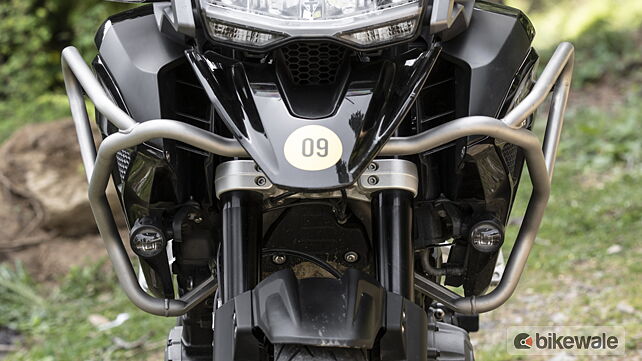












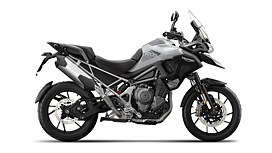

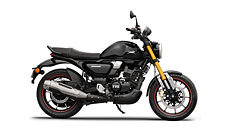

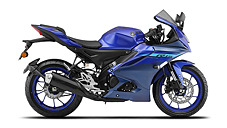
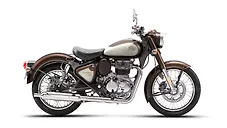
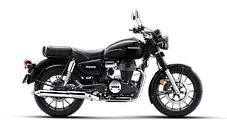
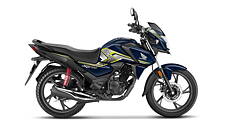
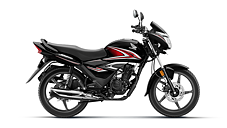
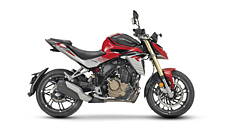
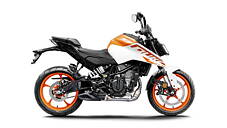
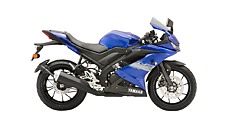
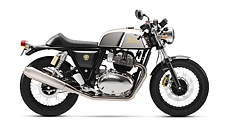
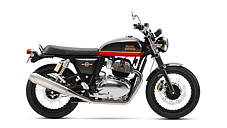
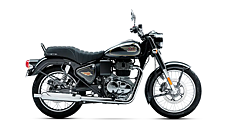
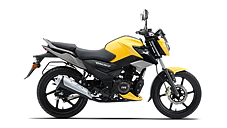
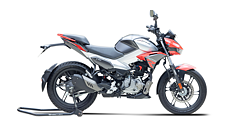
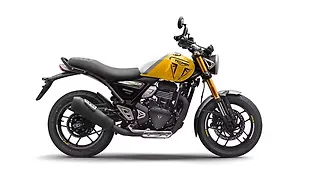

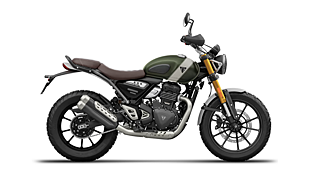



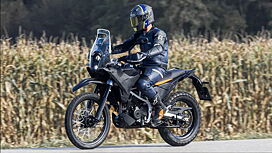

![KTM 390 Adventure X [2025] KTM 390 Adventure X [2025]](https://imgd.aeplcdn.com/272x153/n/cw/ec/190885/390-adventure-x-2025-right-side-view.jpeg?isig=0&q=80)